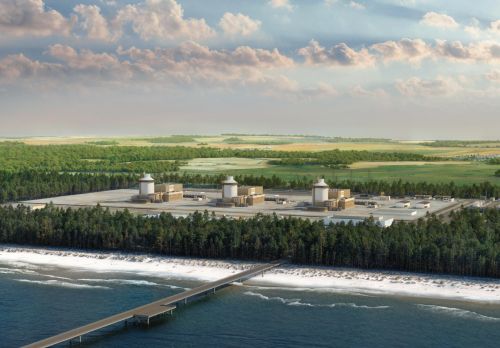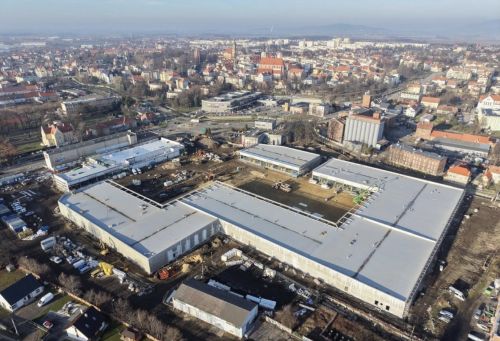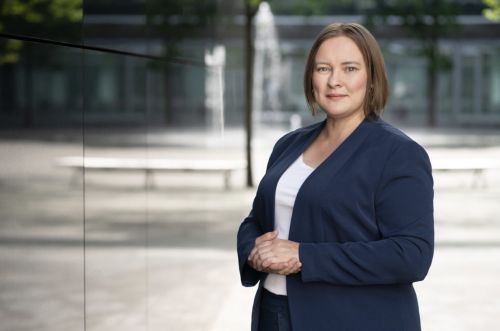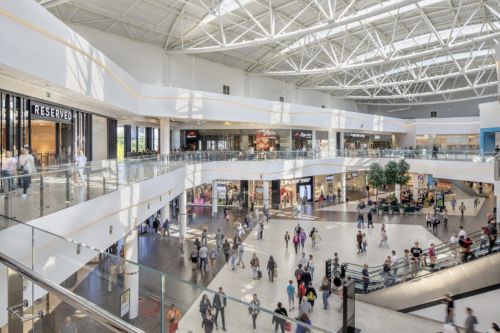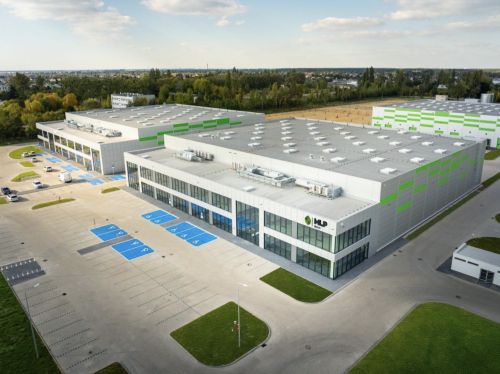The topics that those present were eager to discuss included the strategies of hoteliers, the state of the hotel market and the development directions for tourism in Poland. Those from the banking sector went through the financing possibilities, while the fiscal experts discussed tax optimalisation. For the market to expand, regional development is needed together with the promotion of cities and tourist areas, argued Alex Kloszewski, the managing partner of the main partner of our event,Hotel Professionals – a company that provides advice for the management of hotel market development processes. Tetris, Astralpool, Everest Climbing and AHR Global were the sponsors of the conference. MDDP was the merit partner of the conference, while Ilumio was the technological partner. The eight panels during the conference covered all the aspects of successful hotel investment. The first panel, ‘the general condition of the hospitality and tourism sector in Poland’, began with a presentation














































